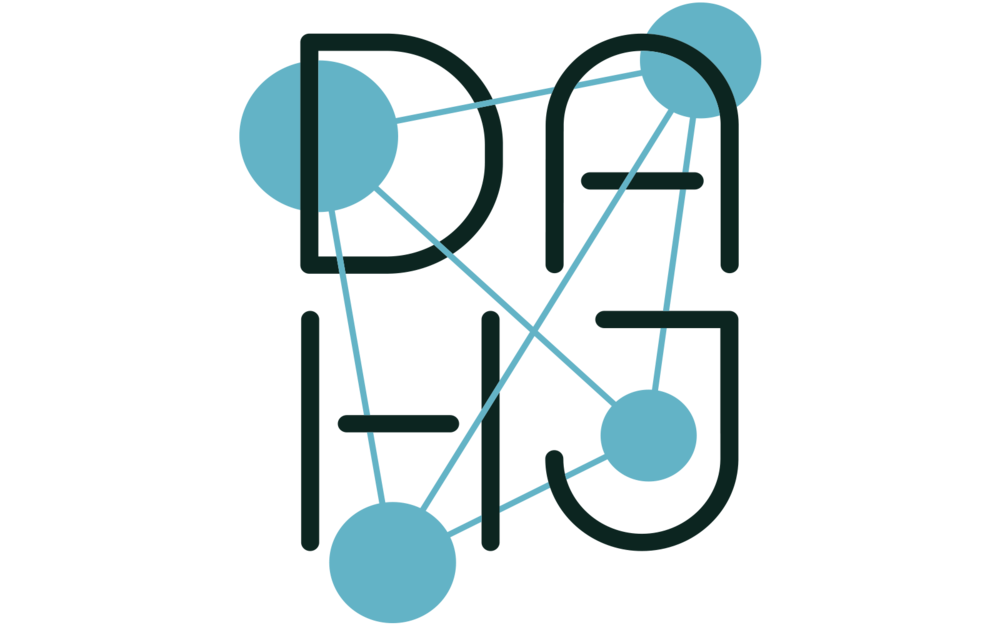Abstract
Galleries, libraries, archives, and museums (GLAMs) across the globe are building new datasets to render their collections open, machine-readable, and internet-accessible. The new generation of GLAM datasets have wide reach, offering to turn institutions inside-out so that remote audiences can view, download, share, and remix digital assets. GLAM institutions have treated the associated turn to open data as inherently positive—able to promote cultural understanding and appreciation in ways that promise scale, accessibility, and customization. However, some critics suggest that upsides of technology for GLAM datasets need to be balanced with risks that can arise from their design, development, and integration into artificial intelligence (AI) technologies. In this work we ask: how should GLAMs account for the emergence of AI-driven experiences built upon GLAM datasets? We seek to answer this question by flagging key ethics and governance issues in tandem with supplying some guardrails for navigating them. We examine GLAM datasets from a sociotechnical perspective. Drawing on our experiences as researchers spanning multiple areas (computer science, computer vision, AI ethics, art history, and cybersecurity) and working in different sectors (industry and academia), we identify salient concerns and remediations from critical technology discourse on dataset development for AI systems.
DOI: https://doi.org/10.11588/dah.2023.9.91468
AuthorS
Jordan Famularo
is a consultant and former postdoctoral scholar at the University of California, Berkeley’s Center for Long-Term Cybersecurity. Her cultural research develops insight into the nexus of digital harm, data curation, and social responsibility. She produces collaborative, multidisciplinary research on dataset development ethics for machine learning, which has been presented at the Conference on Computer Vision and Pattern Recognition and the Conference on Neural Information Processing Systems. Jordan received her doctorate in art history from the Institute of Fine Arts at New York University, where she specialized in technology and culture of the early modern Mediterranean world. Her work has been published in the International Journal of Corporate Social Responsibility, Brookings TechStream, Platform Governance Terminologies, Sixteenth Century Journal, and Shift. https://www.linkedin.com/in/jordan-famularo/
Remi Denton
is a Staff Research Scientist at Google, within the Technology, AI, Society, and Culture team, where they study the sociocultural impacts of AI technologies and conditions of AI development. Prior to joining Google, Remi received their PhD in Computer Science from the Courant Institute of Mathematical Sciences at New York University, where they focused on unsupervised learning and generative modeling of images and video. Prior to that, they received their BSc in Computer Science and Cognitive Science at the University of Toronto. Though trained formally as a computer scientist, Remi draws ideas and methods from multiple disciplines and is drawn towards highly interdisciplinary collaborations, in order to examine AI systems from a sociotechnical perspective. Remi’s recent research centers on sociocultural impacts of emerging text- and image-based generative AI, with a focus on data considerations and representational harms. https://cephaloponderer.com/wp-content/uploads/2022/10/cv.pdf

